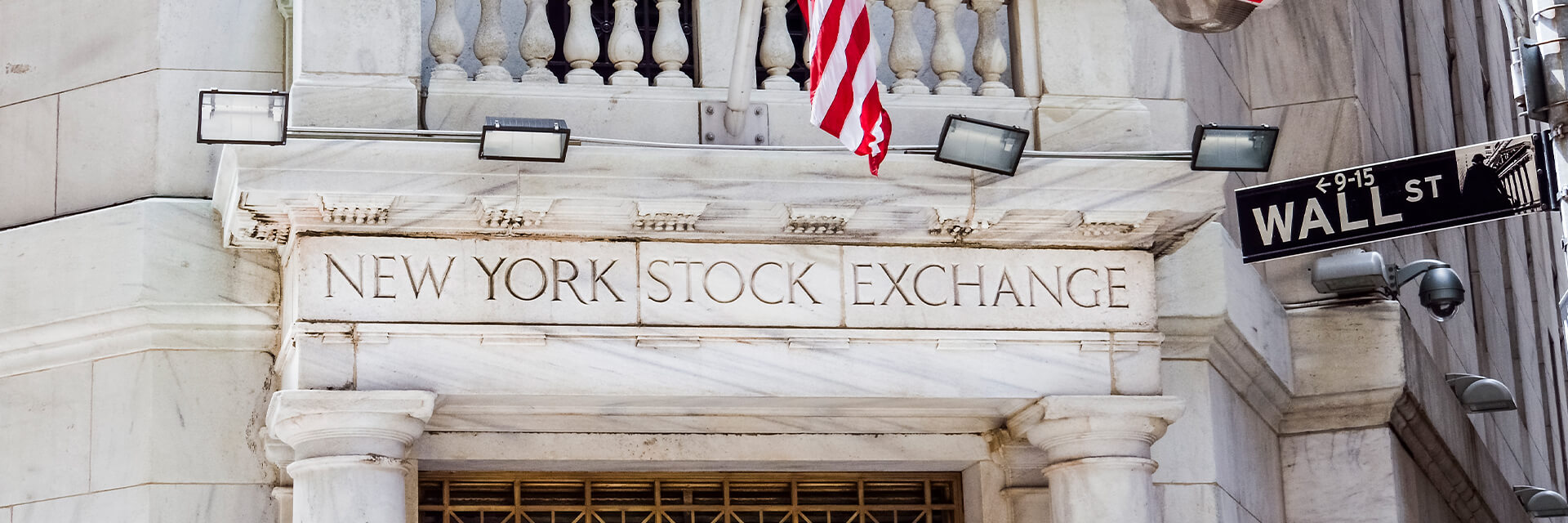
Trends Watch: December 6, 2018
- Published
- Dec 6, 2018
- Share
EisnerAmper’s Trends Watch is a weekly entry to our Alternative Investments Intelligence blog, featuring the views and insights of executives from alternative investment firms. If you’re interested in being featured, please contact Elana Margulies-Snyderman.
This week, Elana talks with Gerhard Pries, CEO and Managing Partner, Sarona Asset Management Inc.
What is your outlook for impact investing?
Many people think of impact investment as a new phenomenon. It’s not. Since the beginning of time, good people have invested in other good people and family businesses have lost sleep seeking the best for their employees and their community. In modern history, however, narrow investment orthodoxy has pushed aside any open recognition of non-risk-return-liquidity factors in investment decisions. But that has changed with dramatic speed over the last ten years. Some say it is a normal swing of the pendulum. We disagree. Technology-enabled communication puts us face-to-face with the impact of our investments. The world sees what we do, and we can no longer ignore the effect we have on Earth and society. Including social and environmental impact as core factors of investment decisions is here to stay. And it will only grow and strengthen over time.
But we should be clear: Impact investments are not concessionary, nor in any way softer or less rigorous than any other investment. We look for the same top-quartile private equity returns as we otherwise would. Fortunately, in emerging markets (EM), where we invest, there remains much opportunity to strengthen financial returns by improving a company’s strategies vis-à-vis employees, suppliers, clients, and community. Such strategies are a core element of a company’s competitive advantage. There are many opportunities where financial success follows progressive business management.
What is the attraction to frontier and emerging markets and SMEs?
GDP growth in EM has outpaced that of developed markets (DM) for over 50 years now. In fact, it has generally been 2x that of DM. Economists generally agree that this growth disparity between EM and DM will continue for the foreseeable future. And the biggest story within that EM growth is the rising middle class – families moving from $1/day to $10/day and $100/day. It is difficult to overestimate how disruptive this is to family economies and to macro economies. Families are empowered, economies are urbanizing and commodity-based economies are moving toward service and consumption. One may ask whether the earth can sustain this, but the social empowerment and the economic opportunities are massive.
In some economies, the rising consumer class opens great opportunities for retail distribution. In others, as economies move from commodity to manufacturing to service and consumption, we see opportunity for local production and import substitution. In all EM, we see large populations with an eagerness to adopt new technologies, whether communication technology, fintech, power or manufacturing efficiencies.
Economic transitions are bumpy roads, but to stand aside and wait for them to happen is not a wise investment strategy. Buying an option on that growth, with sufficient diversification and managed by a safe set of hands, is.
What keeps you up at night?
It’s always risk that keeps investors from sleeping. So, where’s the risk? 1) The empowerment of the middle class in EM can lead to painful political transitions, more so in some cultures than others. But with a bit of wisdom and a diversified strategy like ours, specific bumps are well manageable. 2) What keeps us really worried is the global economy, and specifically, disruptions emanating from developed markets. The tables are turning: In DM we see increased nationalism/populism, a decreasing faith in democracy and a growing wealth gap. In EM, the opposite is happening: The wealth gap is shrinking and faith in democracy is increasing. It is, therefore, the global economic risk and currency volatility driven by tariffs and trade wars that pose the greatest risk to a diversified EM strategy.
What's on Your Mind?
Start a conversation with Elana
Receive the latest business insights, analysis, and perspectives from EisnerAmper professionals.










